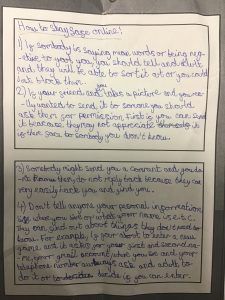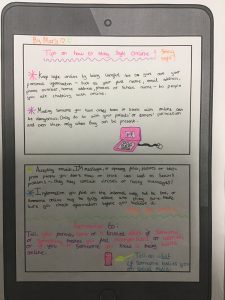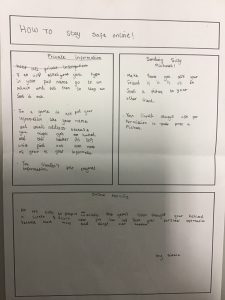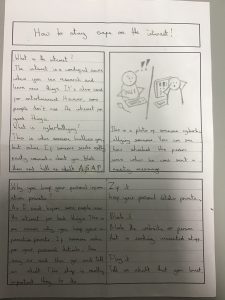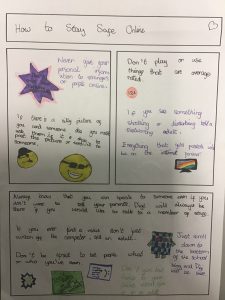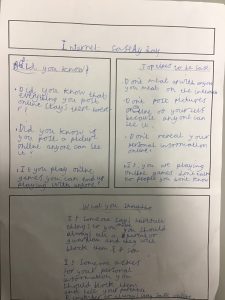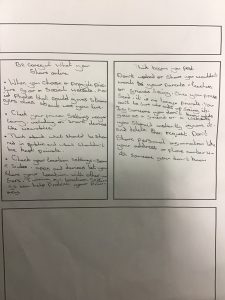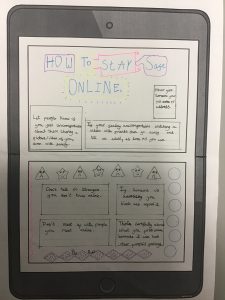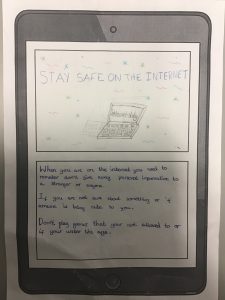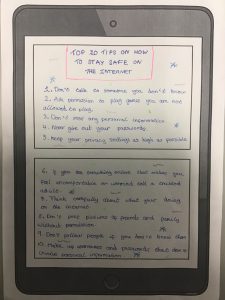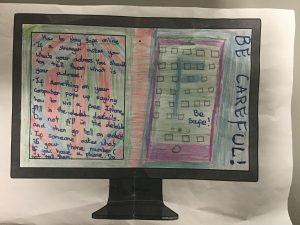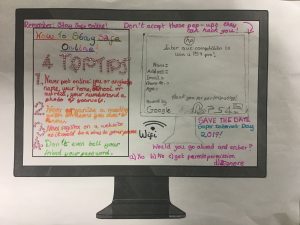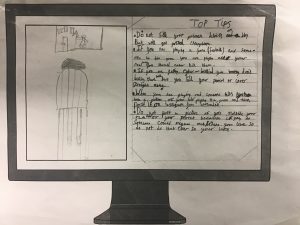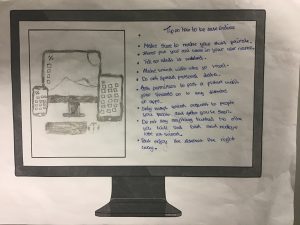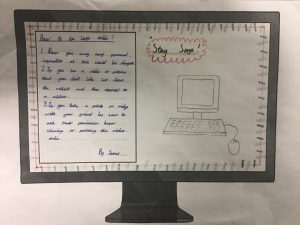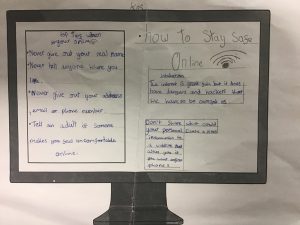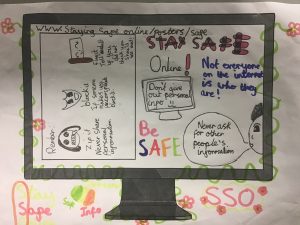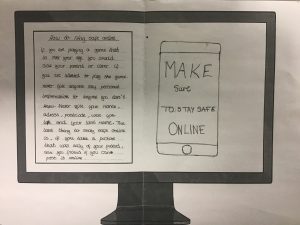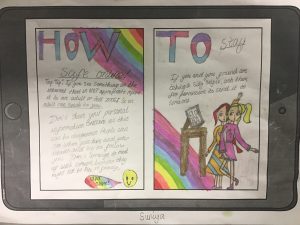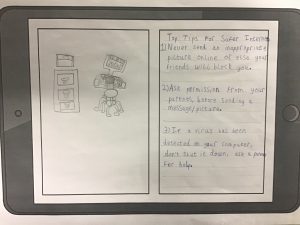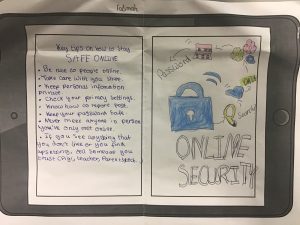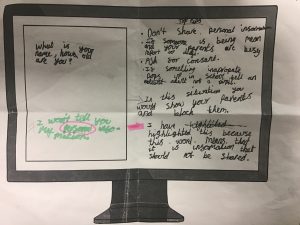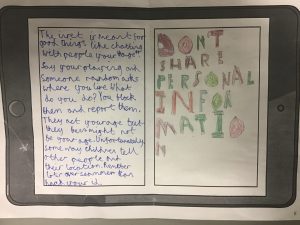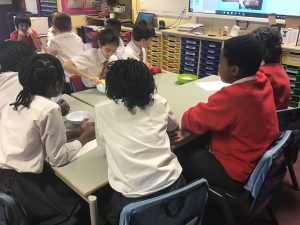Year 5 stars of the week: All of Class 5
Internet Safety Day 2019, by Nahum (Digital Leader for Class 5)
Safer Internet Day is a day where everyone learns how to be safe whilst using the World Wide Web (a.k.a The Internet). This will teach you how to be safe online.
The history of the Internet
The Internet all started in the year of 1989 when the English scientist by the name of Sir Tim Berners-Lee. He invented it in Geneva, Switzerland. He wrote the first browser one year after the making of the Internet and was available for public used in 1992. The World Wide Web had continued to dominate though the years. At the mid-1990s, many people had used the Internet. Millions of users!
Why do we use the Internet?
The Internet supports many resources. It can be used for videos, games, education, business and many more! The Internet is basically the electronic textbook. It has nearly all the answers of life you need. But some things that have been posted on the Internet are inappropriate. This will tell you how to react to things like that.
What if you see an inappropriate image online?
If you are enjoying yourself, hanging out on the Internet, when suddenly a rather disturbing picture covers the entire screen. In this scenario, the best thing to do was to report it to someone you trust would help (parent, guardiant, family member). It would ideally be an adult as they can easily deal with the situation. You cannot just ignore it. The bully would think you have a weakness and continue posting pictures.
What if a stranger texts you a rude message?
If you are on WhatsApp (or any other messaging app) and a stranger sends you a very mean and thoughtful comment, you cannot ignore them. They will simply continue the bullying. As stated in the previous paragraph, you must report it to anyone you trust. But in this one, you can always block the person if you don’t receive any help. But the best way is to report it. See it, say it, sorted.
What is consent?
Consent has the same meaning as permission. If you ask for consent, you ask an adult for permission to do a certain thing. For example, if you wanted to eat a cookie, you would have to ask your parents first as they know what’s right and wrong. In the form of the Internet, you can ask for consent when wanting to play a particular game. If you are given approval, you’re free to play! If not, avoid playing that game or resource.
Don’t share your personal information!
One of the most important things in your life are your personal details. This means your name, email address, where you live, ect. You may think it’s alright. But some people could access these personal details. This might end up in hacks, lots of pop-ups, emails from random people as well as mail delivered through post. If you share your personal details online with everyone else, this could happen to you!
Zip it, block it, flag it!
This phrase really tells you the meaning of staying safe online, on the Internet. The zip it part means that you should never share your personal information and details online with people you don’t know. You cannot even share with your closest friends. Your details are your details. Block it means that you should block anyone that sends any rude comments. These days it is way easier to block someone on a messaging app with a press of a button. They can’t speak to you until you’ve unblock the person. Flag it- you should always speak to an adult if something on the Internet is concerning you badly. Like if someone asks to meet somewhere offline, in the real world. If you follow zip it, block it, flag it, you will be safe online.
Conclusion
Now this has taught you how to be safe online, hopefully you will carry this on throughout your entire life. If anyone mean texts you, you know what to do. If someone asks you to meet up in real life, you know what to do. Have a lovely Safer Internet Week and most importantly, hope you say safe online on Safer Internet Day 2019.
Here are some other tips by Year 5 about how to stay safe online:
